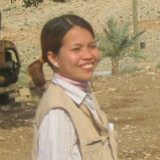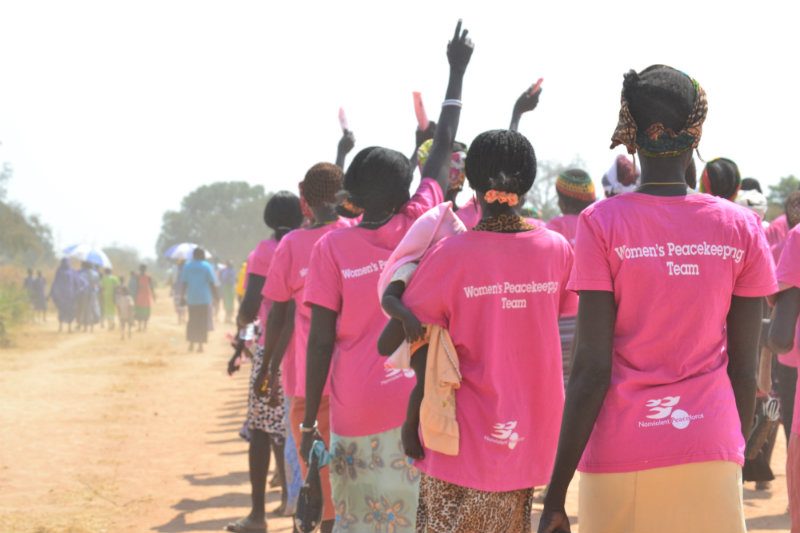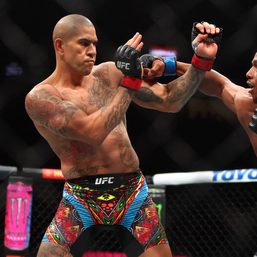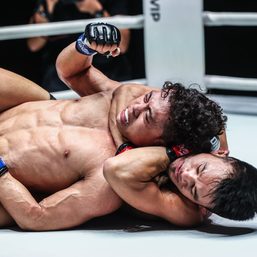SUMMARY
This is AI generated summarization, which may have errors. For context, always refer to the full article.

After meeting feminists in Asia, together with fellow Filipinas, in February, I came back to South Sudan, welcoming its hottest season. The leaves are falling down, the grass are brown; the river with fisherfolk, just months ago are becoming part of the vast dry soil; the cows and goats are thinner and weaker. Hunger, which is the everyday life of most South Sudanese, is expected to worsen. With South Sudan’s dry season, in our field site, Northern Bahr el Ghazal state, migration of the pastoralists, along the borders of Sudan, is on its way, which might bring conflicts, killings, revenge, and echoes of cries among the communities of Riziegat, Misseriya, and Dinka Malual.
Women and girls, in a post-conflict South Sudan, while experiencing the economic dearth and political instability caused by the decades of war, continue to suffer from the everyday threat, of just being a female. Some cultural practices, which include patriarchy, breed gender-related issues. They persisted even after its nation’s independence, bringing misery to women and girls in South Sudan.
During my first month in our field site, we responded to a rape case of a 13-year-old girl. She spoke in Arabic, a language I do not know. But, without translation, from the way she looked at the abyss, from the sound of her crackling voice, from the unending tears coming from her sorrowful eyes, I understood deeply what she wanted to share with us. After her sharing, I hugged her tightly, hoping that our response would at least help her feel the security that she needed the most. Through referrals to health and psychosocial services, as well as accompaniment to the legal procedures, managing rape case, take time for a survivor to be healed.
And then, another girl, another woman, series of cases of rape and sexual abuse.
Women and girls experience different forms of gender based-violence (GBV): physical, psychological, economic, and sexual. Thus, we are building Women’s Peacekeeping Teams (WPT), to educate, empower, and encourage women’s participation to eliminate any forms of GBV, as well as for them to be part of the whole peace building process.
In one of the series of GBV awareness trainings that we conducted, I remember how the WPT were eagerly listening to the new concepts, I never knew they will be so interested to hear: gender (and preference), emergency contraceptive pills, post exposure prophylaxis, trauma, legal sanctions, etc. It was hard to explain those, but with their eyes widely open and eager ears, I was enticed to share more. Equally, I learned from them, and they learned from each other. They shared a lot of stories: on GBV cases, on the response they initiated as WPT, stories of ownership of the struggle in building a home, a nation free from any forms of violence.

There was a woman in Malualbai who shared with us her experience with her husband who became alcoholic after several failures in achieving a decent life. Almost everyday, she is being beaten by her husband. The community chief responded auhorities will act on the case, and all the cases of drunkards in their community. The police said they will arrest them.
The women were so angry. I explained how their husbands turned into drunkards, hoping it will at least make the wives understand the problems their husbands are facing without letting anyone tolerate it. It’s an initial step to reduce violence in the community, beginning from their homes. Then I continue with sharing the need of voicing out their concerns, and how the community and its leaders should work hand in hand in responding based on concrete experiences.
These stories are etched in my memory, keeping a woman activist like me feel the urge of struggling for a safe and better society for women, girls, and the whole community.
But more than the pain women and girls experience, what keeps me going is the story of hope – the initiatives of women. The WPT in Akuem told us how they were able to respond immediately, when a girl shouted for help while a boy was raping her. The WPT in Gok Machar shared with us how they organized themselves to stand against all forms of abuse in their community.
The smile of the girl who experienced rape several months ago and how she struggles to build her own self again are enough reasons to continue the fight for women’s rights.
Women and girls in South Sudan are trying to build their lives. And, we must carry it on.
It is too hot now in South Sudan. A year ago, I was freezing in the snow in South Korea while joining a protest on the street, crying for justice for their comfort women. A year before that, I was embracing the serene cold wind of Palestine while understanding the issues of Muslim Arab women. Before coming to South Sudan, while providing the reproductive health needs of women who survived Typhoon Yolanda (Haiyan) in the Philippines, I saw how resilient Filipinas were.
Different countries have their own specific features. Each has its own particularities of issues and struggles. But all over the world, it is common in every country to witness women oppression.
There is a need for international women solidarity. – Rappler.com
Kristine A. Valerio is currently based in South Sudan for peace work. There, she works as an international protection officer of an INGO organizing Women Peacekeeping Teams. Also, she used to work in Palestine as a human rights observer through the World Council of Churches. She is an active member of the Asian Association of Women Studies.
Add a comment
How does this make you feel?





There are no comments yet. Add your comment to start the conversation.